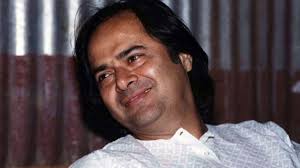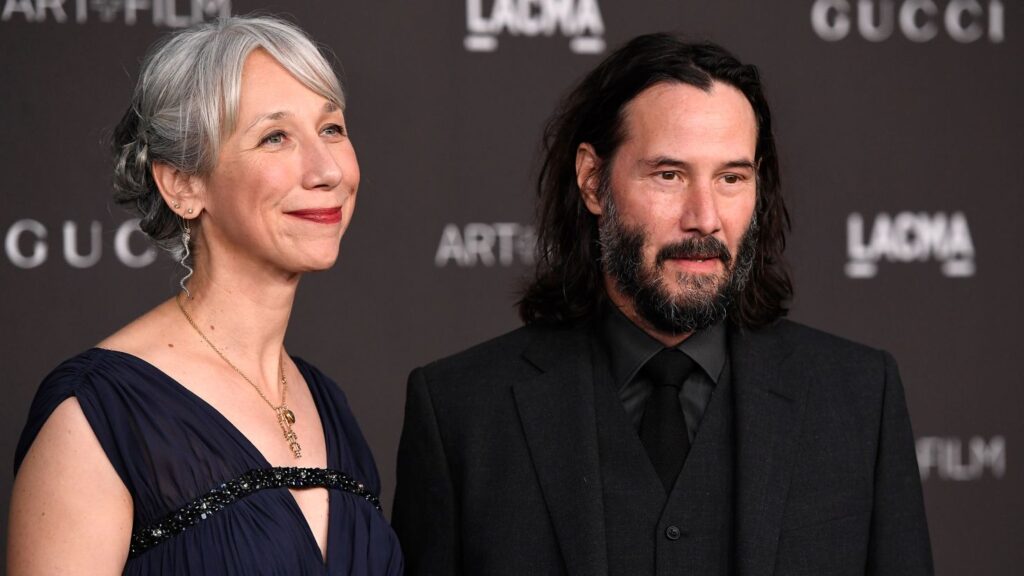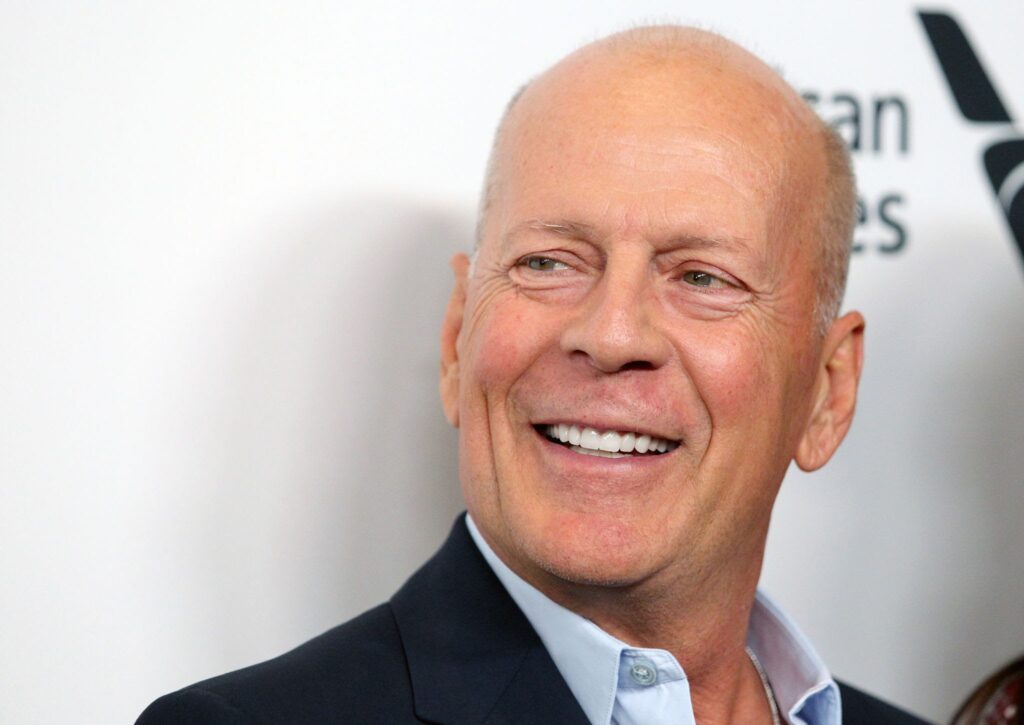Farooq Shaikh (1948–2013) was an acclaimed Indian actor known for his work in parallel cinema, television, and theatre. His career spanned over four decades, during which he gained recognition for his nuanced performances in films, particularly in the 1970s and 1980s.
Early Life & Education
Farooq Shaikh was born on March 25, 1948, in Amroli, Gujarat, India, into a well-off family. He studied law at St. Xavier’s College and Siddharth College of Law in Mumbai but was drawn towards acting, leading him to the Indian People’s Theatre Association (IPTA).
Career in Films
Farooq Shaikh made his debut with Garm Hava (1973), a critically acclaimed film that dealt with the impact of India’s partition. His effortless acting style set him apart in the Indian film industry. He was a leading figure in the parallel cinema movement and starred in films like:
- Chashme Buddoor (1981)
- Umrao Jaan (1981)
- Bazaar (1982)
- Katha (1983)
- Rang Birangi (1983)
He also appeared in mainstream Bollywood films but preferred meaningful, realistic cinema over commercial ventures.
Television & Theatre
Farooq Shaikh was widely loved for his television work, particularly as the host of Jeena Isi Ka Naam Hai, where he interviewed Bollywood celebrities in a warm, engaging style. He also acted in TV serials like Shri Krishna, Chamatkar, and Gubbare.
On stage, he was associated with popular plays, including Tumhari Amrita, alongside Shabana Azmi, a play that remained one of his most celebrated works.
Later Career & Legacy
In his later years, he continued working in films such as Yeh Jawaani Hai Deewani (2013) and Club 60 (2013). His contribution to Indian cinema was recognized with the National Film Award for Best Supporting Actor for the film Lahore (2010).
Death
Farooq Shaikh passed away on December 28, 2013, due to a heart attack while on vacation in Dubai. His sudden demise was a great loss to Indian cinema.
Legacy
Farooq Shaikh remains a beloved figure in Indian cinema, remembered for his effortless charm, realism in acting, and dedication to meaningful cinema. His performances continue to inspire actors and cinephiles alike.



